
Purchasing wholesale used clothing by the kg acts as an everlasting treasure in today’s times because of the fast pace of fashion- it keeps on changing. It’s an environmentally friendly clothing rebellion and a wise decision. The piece examines why a growing number of individuals embrace the appeal of trading in vintage clothing in quantity and how the clothing environment is changing the reverence of individuals for apparel with historical significance.
Sustainable development is becoming more and more crucial in the world of fashion.
On the other hand, something is changing in the consumers of the fashion industry. An effort towards ethically and environmentally responsible fashion. And which is when buying wholesale secondhand clothes by the pound works its magic.
Table of Contents
Benefits For The Environment
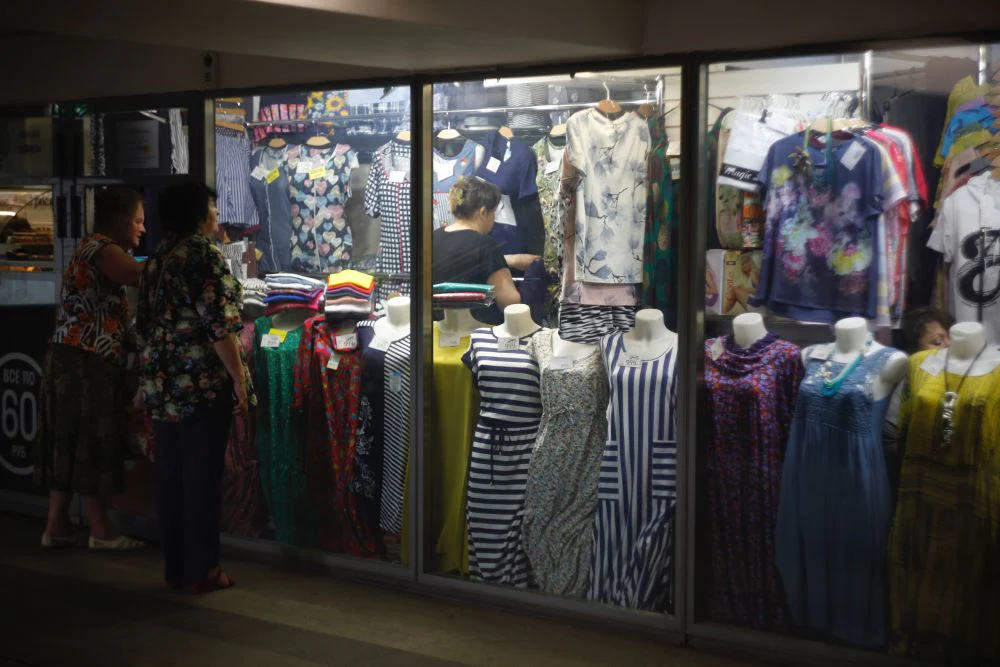
There is a not-so-hidden environmental black side to the fashion industry. It is a substantial polluter of the environment, from textile manufacturing to delivery and disposal. However, purchasing cheap vintage clothing by the pound is a tactic that can be used to reduce the greenhouse gas emissions of the fashion industry.
The bottom line is that manufacturing fresh apparel uses many resources, including raw materials, electricity, and water. It’s comparable to making a sweet item from home when there’s already a delicious one waiting. Purchasing used clothing in large quantities is similar to giving these items another attempt at life, resulting in less resource utilization for new manufacturers.
It continues to get healthier for the environment and your finances- When you decide to purchase in large quantities, you’re not just keeping one outfit out of the trash—you’re keeping tons of them out of it. It’s like an open invitation to a trash party. You can drastically better the environment by minimizing textile waste by wearing used clothing.
Then there’s the question of how quickly fashion changes. A tonne of perfectly nice clothing is thrown out due to how quickly fashions come. Purchasing used clothing increases the useful life of these items, lowering the demand for new manufacturing or the associated pollution. Grabbing cheap used clothing is a skill you cannot afford to disregard when you’d like to be a style hero and rescue the world one garment at a time. It combines affordability, eco-friendliness, and fashion-forwardness into one package.
Financial Advantages Of Bulk Used Clothing Purchases:
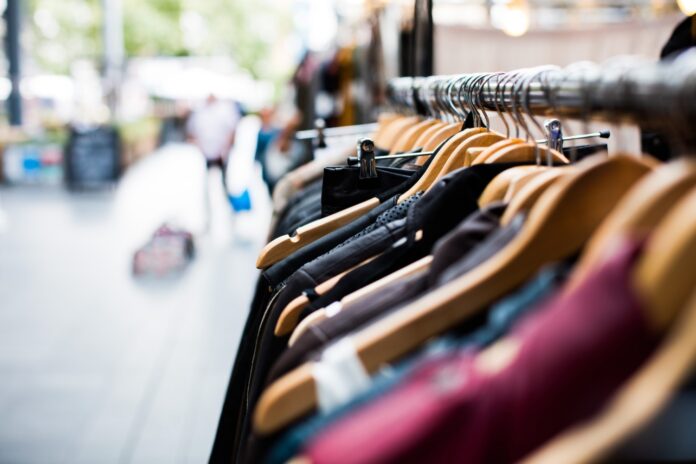
Fashion-forward people and company owners alike realize that buying old garments in quantity is not only a sustainable choice but also a wise financial decision regarding clothing. This is why:
- Savings On Costs: Purchasing used clothing in quantity frequently results in amazing discounts. These secondhand treasures are much less expensive than brand-new apparel. This can result in huge cost savings, whether you’re a fashion-forward person or a company trying to replenish goods.
- Higher Profit Margins: Monetary benefits are particularly alluring to firms. Higher profit margins are a result of fewer acquisition expenses. Since you’re not spending a fortune on stocks, you may provide your consumers with affordable costs while still making a solid profit.
- Stock Diversification: Purchasing in quantity exposes your stock to an extensive selection of fashions, sizes, and manufacturers. Your chances of closing sales are increased because of this diversity’s ability to draw in a wider consumer base.
- Economical Start-Up: For aspiring fashion people in business, purchasing used clothing in quantity is an economical method to launch their company. It enables them to invest more in marketing, branding, and retail design.
- Healthy Savings: Ecological practices are both financially and environmentally responsible. Accepting used clothing lessens the desire for new manufacture and its costs, which benefits the environment and your wallet.
This wise economic step in a society where every penny matters is to buy old clothing in large quantities. Saving money while promoting a healthier and more sustainable fashion sector is a win-win situation. The next fashion phase appears stronger due to this business twisting on a fashionable-forward mindset.
Pop Up Shops And Flea Markets
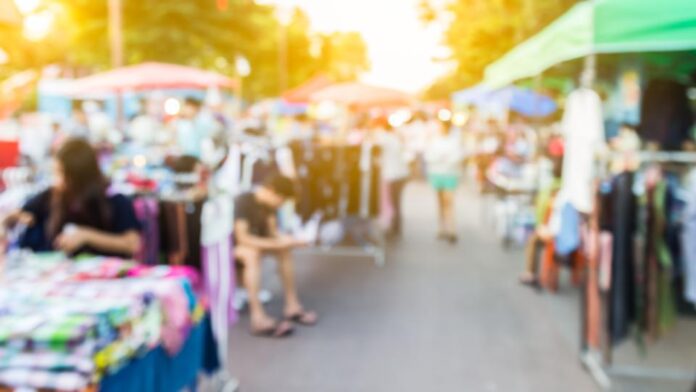
A pop-up shop is a temporary place for used clothing and accessories which as the name suggests – ‘pops up’ for a shorter period of time as compared to other stores these shops can be found in flea markets which are available at one place from a day to a few weeks!
These flea markets end up getting a great amount of exposure from people in different cities and places due to their constant movement. They have limited time period offers for customers which can include sales and package offers. Due to the sourcing of these markets, people can find hidden treasures in them from different countries or places which they were not expecting!
These stores can be seen in moving vehicles or carts which are decorated with clothes and other merchandise. Pop-up shops can get a great audience of people due to their local advertising and anticipation of arrival.
Customers can be seen planning their week according to the arrival of these pop-up shops!
Conclusion:
It’s not merely an aesthetic choice to buy large quantities of vintage clothing at bulk prices; doing so is also a wise financial decision. The monetary advantages of buying used clothing are obvious, ranging from cost reductions that assist customers and companies to the beneficial effects of minimizing waste from textiles and the variety it adds to a closet or portfolio.
Therefore, buying old clothing in quantity is an advantage whether you’re a company owner wanting to maximize revenues or an environmentally conscious individual seeking to make your style decisions matter. It is a trend that will continue since it combines sustainability with financial responsibility. Adopting wholesale used clothing saves money and promotes a more ethical and environmentally friendly fashion sector.

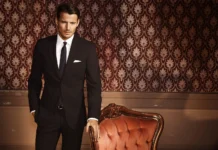
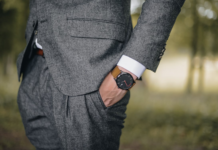



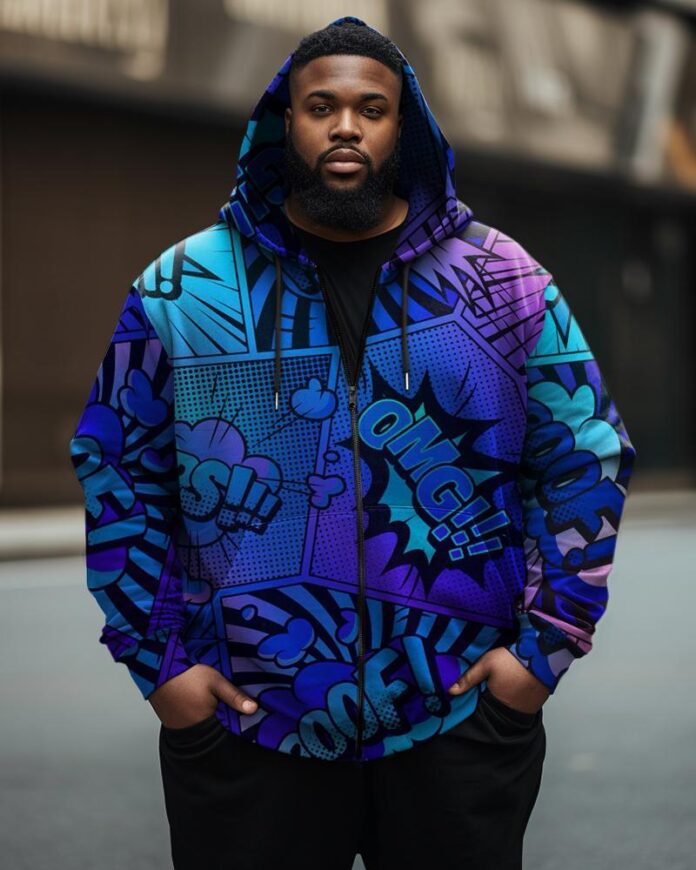








![16 Best Men’s Loafers 2023 [ BEST PREMIUM BRANDS ] best mens loafers](https://www.menshairstylesx.com/wp-content/uploads/2019/10/best-mens-loafers-1-100x70.jpg)
